Self-care influences many factors of a person’s overall health, but many people don’t know how to practice self-care in a way that’s effective. The International Self-Care Foundation (ISF) created seven pillars of self-care: Knowledge and Health Literacy, Mental Well-being, Physical Activity, Healthy Eating, Risk Avoidance, Good Hygiene, and Rational Use of Products and Services to guide people to be the healthiest versions of themselves.
Knowledge and Health Literacy
Strong health literacy means a higher understanding of how to be healthy and care for yourself. Health literacy is significant because it can help people enjoy self-care and want to make a finalized routine. In order to achieve strong health literacy you should know:
- Where to look for health information
- How to use that information
- How to use self-care products
- When to seek professional help
Mental Well-being, Self-Awareness, and Agency
Mental well-being describes a person’s understanding of themselves, their life, and how and where they thrive in their life either psychologically, emotionally, or socially. Most people probably think self-awareness is simply about noticing the parts of your life where you could act differently, but ISF defines self-awareness as the utilization of strong health literacy. The actions a person takes regarding their mental well-being and self-awareness are the agency. Measuring your health status and understanding how certain lifestyle factors impact your health helps tackle this pillar of self-care.
- Measuring Health Status
- Look at family medical history
- Know your resting heart rate, blood pressure, cholesterol levels, oral health, stress levels, and sleep schedule.
- Know your weight, height, and body mass index (BMI)
- Understanding Lifestyle Factors That Impact Health
- Know your level of physical activity
- Acknowledge if you need a diet
- Know how many tobacco cigarettes you smoke or how much alcohol you consume each week.
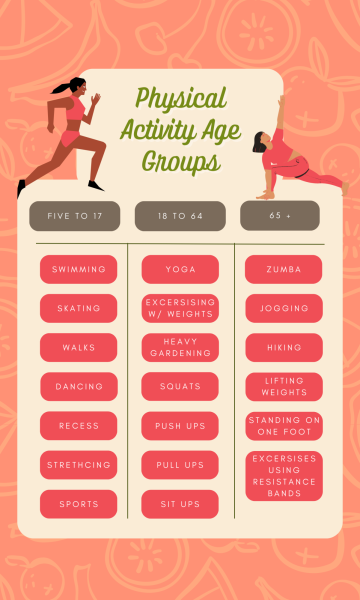 Physical Activity
Physical Activity
Physical activity has the potential to improve an individual’s health, fitness, and mood. Any bodily movement that requires the use of energy could be considered physical activity. There are three intensity levels of physical activity; light, moderate, and vigorous. Light-intensity physical activity could be as simple as washing dishes or putting groceries away. Moderate-intensity physical activities should at least raise your heart rate and get you to break a sweat. These activities are usually aerobic related including riding a bike or dancing. Vigorous-intensity physical activities include running up a hill or swimming several laps. However, the required amount of activity depends on your age group.
- Five to 17
- At least an hour of moderate to vigorous physical activity every day
- 18 to 64
- At least 150 minutes of moderate physical activity or at least 75 minutes of vigorous physical activity every week 65 and above
- At least 150 minutes of moderate physical activity or at least 75 minutes of vigorous physical activity every week
- Anyone in this age category who cannot perform that much physical activity should just be as physically active as their abilities and conditions allows
Healthy Eating
The fourth pillar of self-care focuses on a healthy diet that people should set for themselves. Unhealthy eating habits cause obesity, cardiovascular disease, diabetes, several forms of cancer, a host of other non-communicable diseases, and an overall increase in mortality rates. A healthy diet should include:
- More fruits, vegetables, legumes, whole grains, and nuts
- An avoidance of saturated fats and a shift to a diet more focused on unsaturated fats.
- A limited sugar intake
- A limited salt intake
Risk Avoidance Or Mitigation
Risk avoidance or mitigation refers to the withdrawal or reduction of behaviors that create higher chances of death or disease. Examples of risk avoidance include practicing safe sex, drinking in moderation, protecting your skin from the sun, wearing a seatbelt when in a vehicle and not smoking.
Good Hygiene
Hygiene helps decrease risk of disease and helps manage health. In order to have good hygiene you should wash your hands frequently for at least 20 seconds, brush your teeth twice a day, floss in between your teeth once a day, and ensure that your food is properly prepared.
Rational and Responsible Use of Self-Care Products & Services
The seventh pillar of self-care requires you to be responsible and capable of self-accountability. Rational and responsible use of self-care products and services means you should take advantage of positive self-care opportunities, but avoid abusing products and services that may mess up your self-care progress. Medicines, whether prescribed or not, and certain vitamins and supplements necessitate substance control. Reading directions, following instructions and asking doctors questions about products that could be easily abused will help you achieve rational and responsible use of self care products and services.





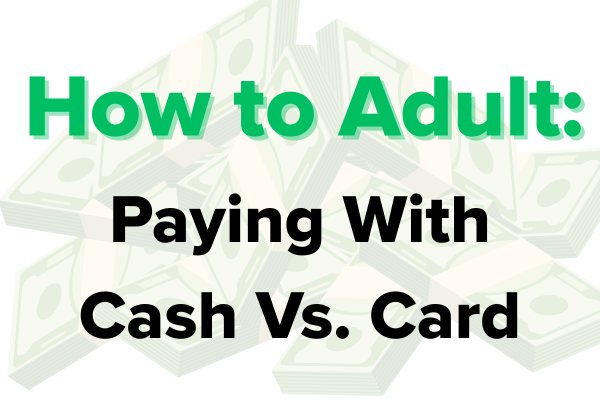
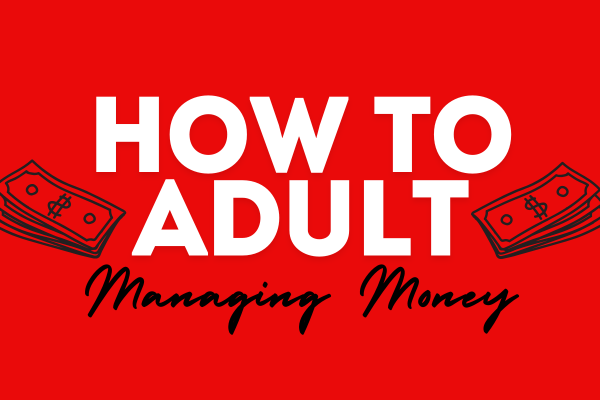
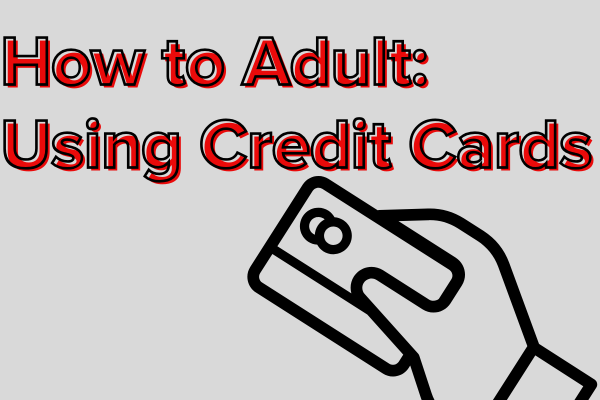
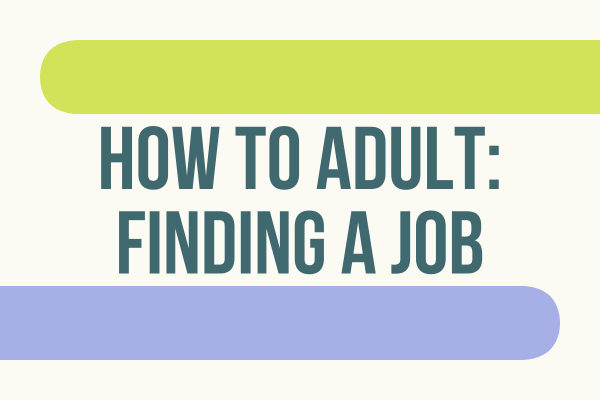









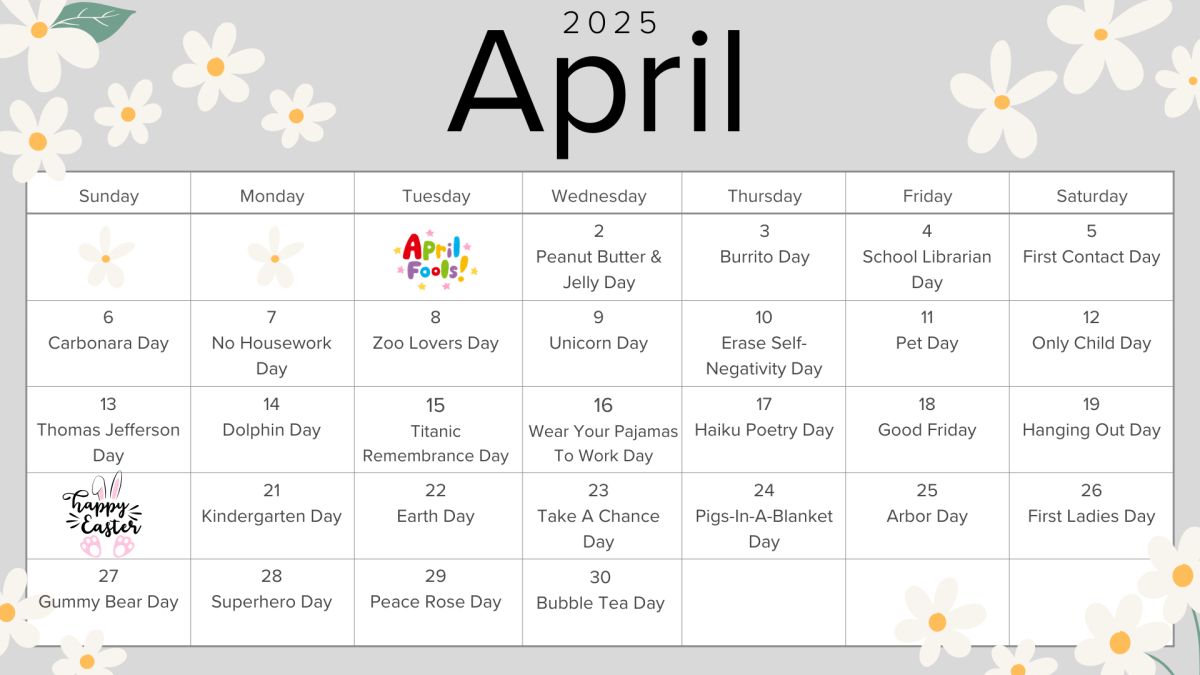



Emily H Gandy • Jan 8, 2024 at 8:39 am
This is a really good story that all students of legacy can read and use. Good Job!
Emily H Gandy • Jan 8, 2024 at 8:38 am
this is a story that all students of legacy can use and read. Good job!